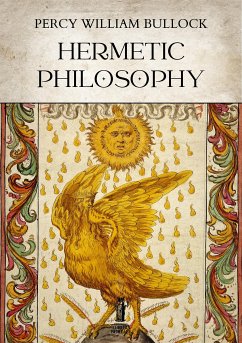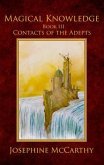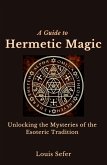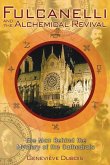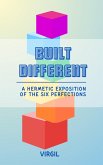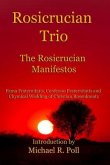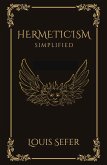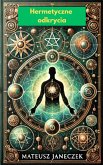Percy William Bullock (1868-1940) was an English esotericist, alchemist and initiate, member of the Theosophical Society and the Hermetic Order of the Golden Dawn, a secret society devoted to the study and practice of occult Hermeticism and metaphysics during the late 19th and early 20th centuries. He was initiated into the Golden Dawn at its Isis-Urania temple in London in September 1890, choosing, as an initiatory name, the Latin motto 'Levavi oculos'. He was well-versed in the occult already, and worked through the Golden Dawn's study programme for initiates quickly. Then, he was initiated into its inner, 2nd Order on 3 July 1892. For over ten years he was one of the Golden Dawn's most committed and hard-working members. He also married, in 1894, another member of the Order, Pamela Carden. The Bullock's work Hermetic Philosophy, which we propose to our readers today, was a Paper read before the Adelphi Lodge (Theosophical Society), then published in The Theosophist in 1892. According to Bullock, «Hermetic philosophy is at once a union of the reason and the religious instinct: it offers a key to unlock the mysteries of being and is a testimony to the eternal aspiration of the religious sentiment in man to become united with the Divine».
Dieser Download kann aus rechtlichen Gründen nur mit Rechnungsadresse in A, B, BG, CY, CZ, D, DK, EW, E, FIN, F, GR, HR, H, IRL, I, LT, L, LR, M, NL, PL, P, R, S, SLO, SK ausgeliefert werden.

